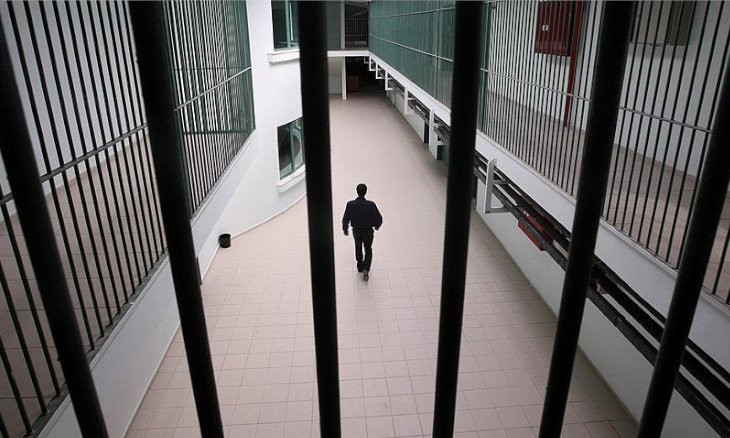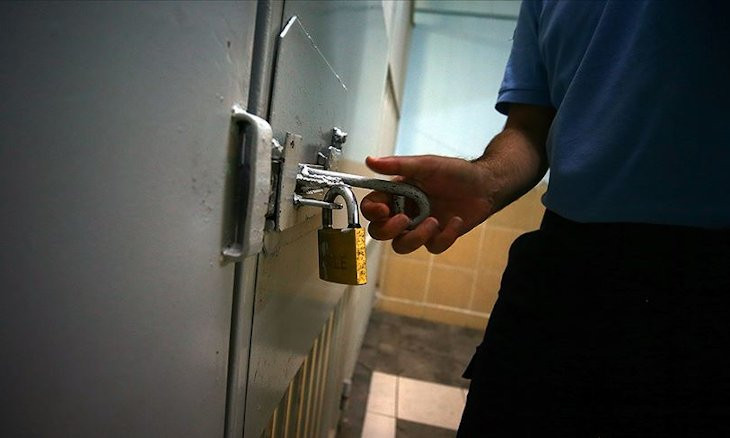CHP to apply to Turkey's top court to annul 'unconstitutional' articles of prisoner release law
The CHP is set to apply to the Constitutional Court to annul the "unconstitutional" articles of a recent prisoner release law. In its application, the CHP said that the bill created discrimination between the convicts and inmates, as well between the convicts themselves, adding that it's against a number of articles in the constitution, mainly on equality.
Duvar English
 Main opposition CHP challenges new prisoner release law in Constitutional Court
Main opposition CHP challenges new prisoner release law in Constitutional CourtThe main opposition Republican People's Party (CHP) is set to apply to the Turkish Constitutional Court to annul the "unconstitutional" articles of a recent prisoner release law.
The CHP seeks to annul 17 articles out of 69 in its petition consisting of over 100 pages that was prepared by deputy İbrahim Kaboğlu, who is also a professor of constitution.
Turkey's parliament on April 14 passed a law that allowed the release of tens of thousands of prisoners to ease overcrowding in jails and protect inmates from the coronavirus, but which critics slam for excluding those jailed on terrorism charges.
However grave it may seem, "terror" has taken on a broad meaning in Turkey, essentially used as a way to criminalize any opponent of the government, mainly journalists and politicians.
In its application, the CHP said that the bill created discrimination between the convicts and inmates, as well between the convicts themselves, adding that it's against a number of articles in the constitution, mainly on equality.
 US Congress members pen letter to Pompeo for release of political prisoners in Turkey
US Congress members pen letter to Pompeo for release of political prisoners in TurkeyIt also said that the bill fails to protect the right to life of all convicts and inmates despite it being released as a precaution against the coronavirus (COVID-19) pandemic, citing the second amendment of the constitution on Turkey being a state of law, fifth on the state's main duties and aims, tenth on equality before the law, 13th on the rights and freedoms and 17th on personal immunity and the right to life.
Previously, the CHP challenged the law in regards to its form.
The new law is not a “penal reform,” as referred to by the ruling Justice and Development Party (AKP), but instead a “covert special amnesty,” the CHP said, adding that such a law needs to be ratified with the decision of at least three fifths of lawmakers in the parliament, in line with the Article 87th of the constitution.
